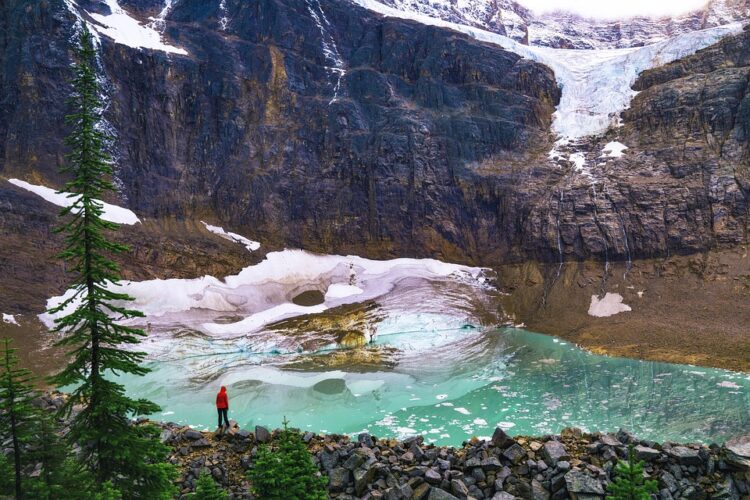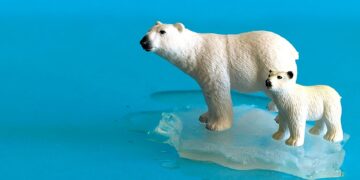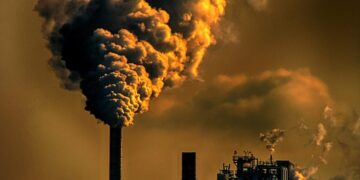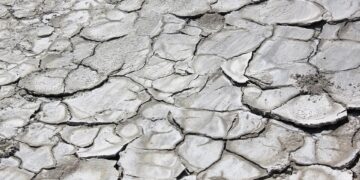Earth’s Battle: Global Warming vs Climate Change – Who Will Prevail?
Global warming and climate change are two of the most pressing environmental issues facing our planet today. While these terms are often used interchangeably, they actually refer to two distinct phenomena that are closely related. Global warming refers to the increase in the Earth’s average surface temperature due to human activities, such as the burning of fossil fuels and deforestation. Climate change, on the other hand, encompasses a broader range of environmental changes, including shifts in weather patterns, rising sea levels, and the melting of polar ice caps.
The Science Behind Global Warming
Global warming is primarily caused by the release of greenhouse gases, such as carbon dioxide and methane, into the atmosphere. These gases trap heat from the sun, preventing it from escaping back into space and leading to an overall increase in temperature. The burning of fossil fuels, such as coal, oil, and natural gas, is the largest source of greenhouse gas emissions. Deforestation also plays a significant role in global warming, as trees absorb carbon dioxide from the atmosphere and release oxygen.
The Impacts of Global Warming
The effects of global warming are far-reaching and profound. Rising temperatures have led to more frequent and severe heatwaves, droughts, and wildfires. Changes in weather patterns have also resulted in extreme weather events, such as hurricanes, floods, and blizzards. Rising sea levels threaten coastal communities and ecosystems, while the melting of polar ice caps contributes to the loss of habitat for polar bears and other Arctic animals.
The Link Between Global Warming and Climate Change
While global warming refers specifically to the increase in temperature, climate change encompasses a broader range of environmental changes that result from this warming. These changes include shifts in weather patterns, such as changes in precipitation and temperature, as well as the melting of glaciers and ice caps. The impacts of climate change are felt around the world, affecting ecosystems, economies, and human health.
Who Will Prevail?
As the Earth’s battle against global warming and climate change continues, the question remains: who will prevail? While the challenges are significant, there is hope for a brighter future. By taking action to reduce greenhouse gas emissions, protect natural habitats, and promote sustainable practices, we can mitigate the impacts of global warming and work towards a more resilient and sustainable planet.
Common Questions About Global Warming and Climate Change
What is the difference between global warming and climate change?
Global warming refers specifically to the increase in the Earth’s average surface temperature, while climate change encompasses a broader range of environmental changes, including shifts in weather patterns, rising sea levels, and the melting of polar ice caps.
What are the main causes of global warming?
The main causes of global warming are the release of greenhouse gases, such as carbon dioxide and methane, into the atmosphere. This is primarily due to human activities, such as the burning of fossil fuels and deforestation.
What are the impacts of global warming?
The impacts of global warming include more frequent and severe heatwaves, droughts, wildfires, extreme weather events, rising sea levels, and the loss of habitat for polar bears and other Arctic animals.
How can we mitigate the impacts of global warming and climate change?
We can mitigate the impacts of global warming and climate change by reducing greenhouse gas emissions, protecting natural habitats, promoting sustainable practices, and investing in renewable energy sources.
Conclusion
In the battle between global warming and climate change, the stakes are high. The Earth’s future hangs in the balance, and it is up to us to take action to protect our planet for future generations. By working together to reduce greenhouse gas emissions, protect natural habitats, and promote sustainable practices, we can create a more resilient and sustainable world. The choice is ours – who will prevail?












